Gallery
Photos from events, contest for the best costume, videos from master classes.
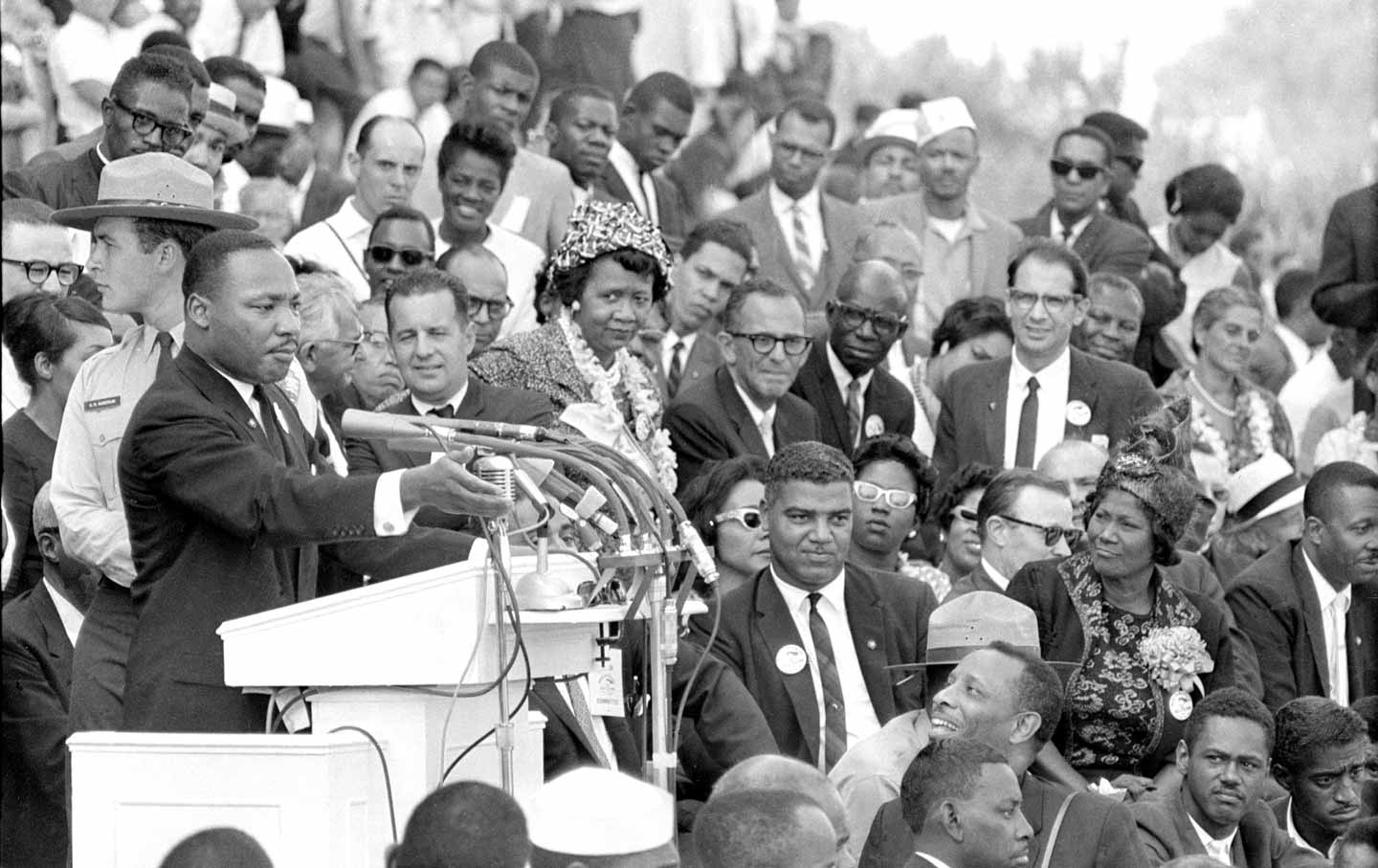 |  |
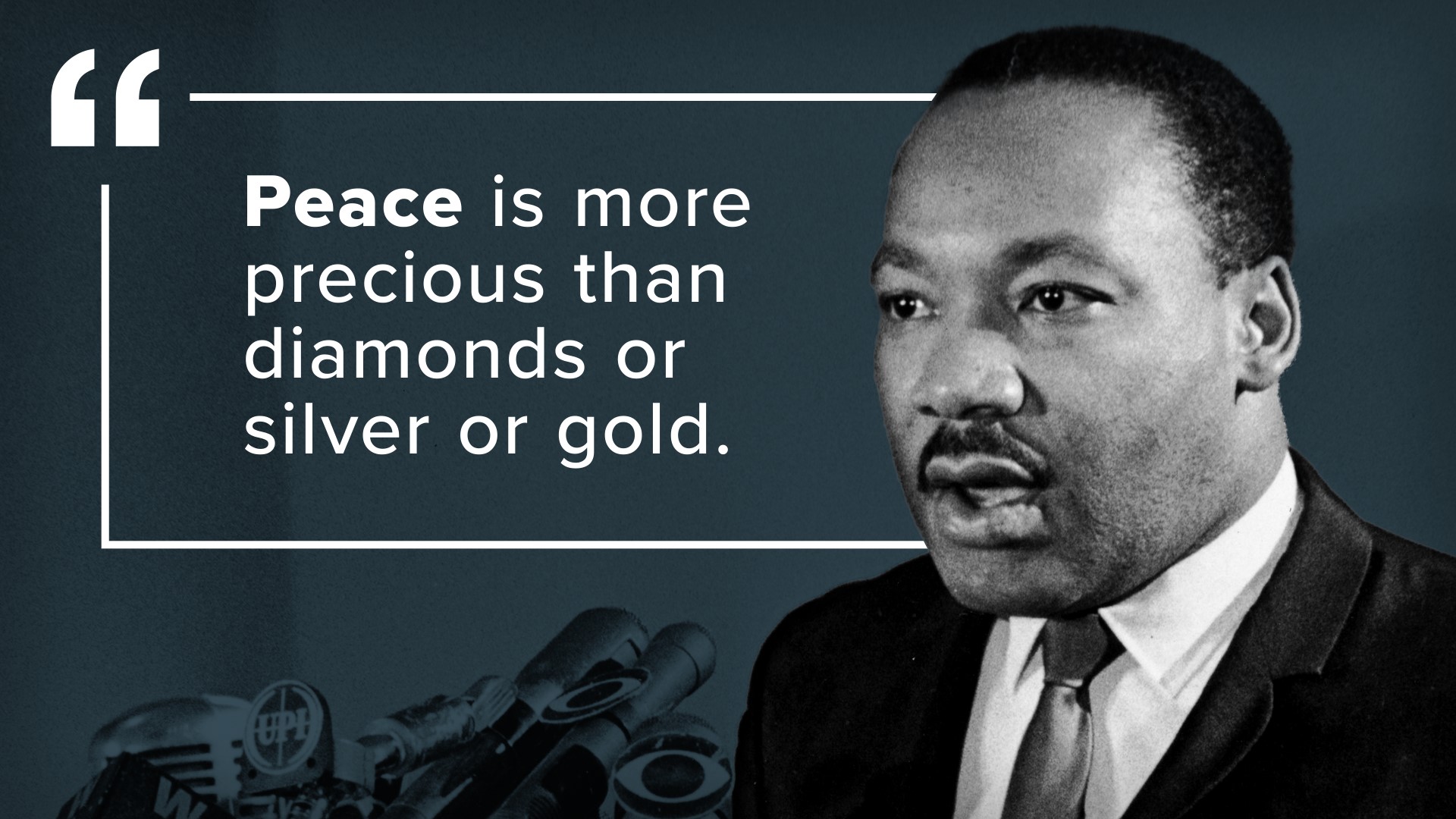 | 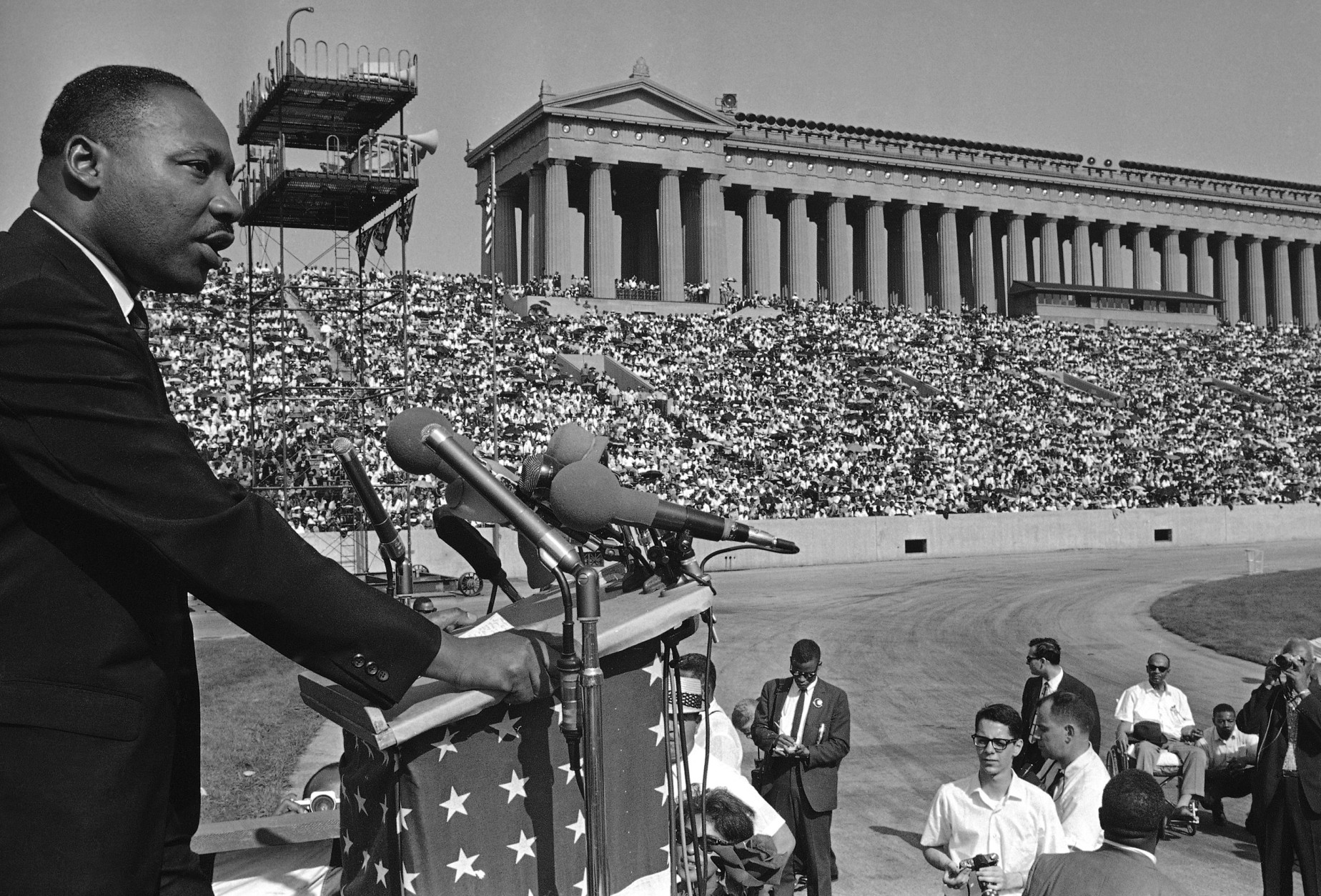 |
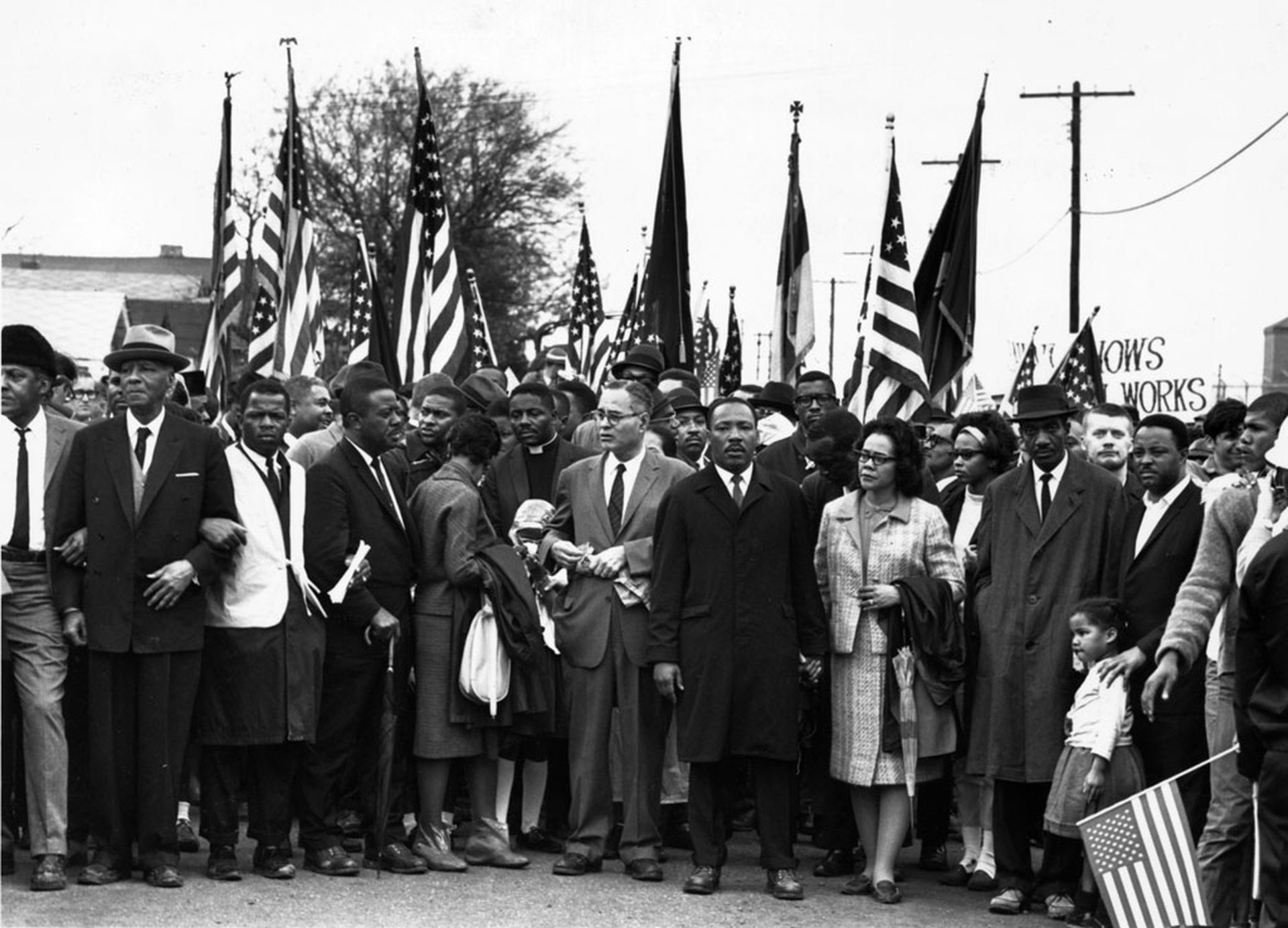 | 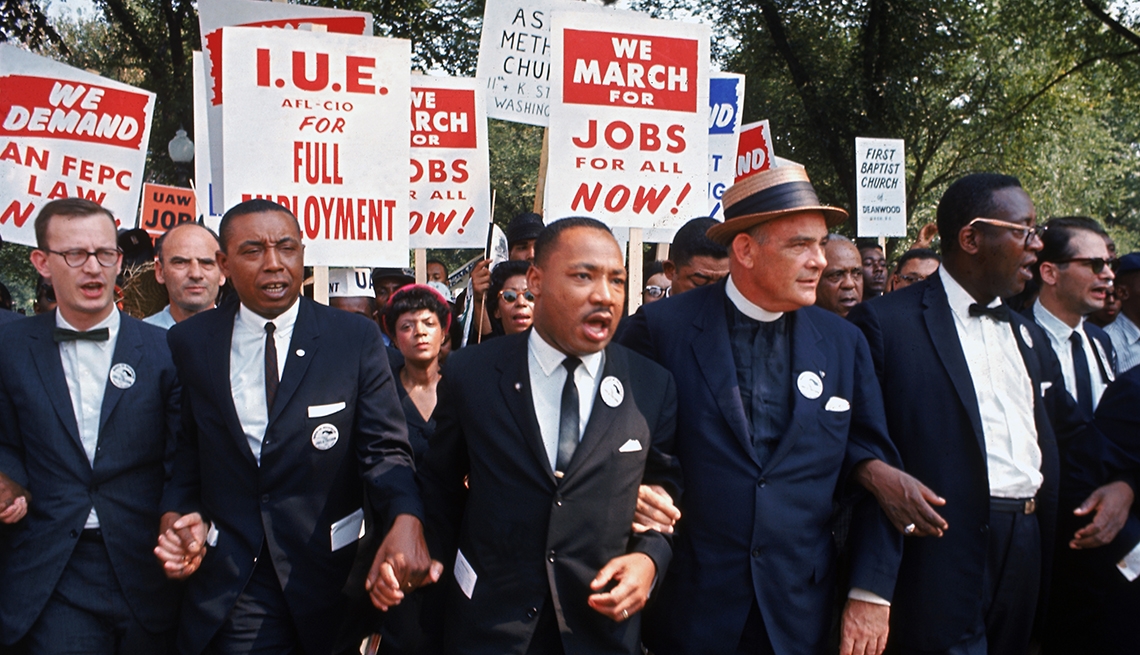 |
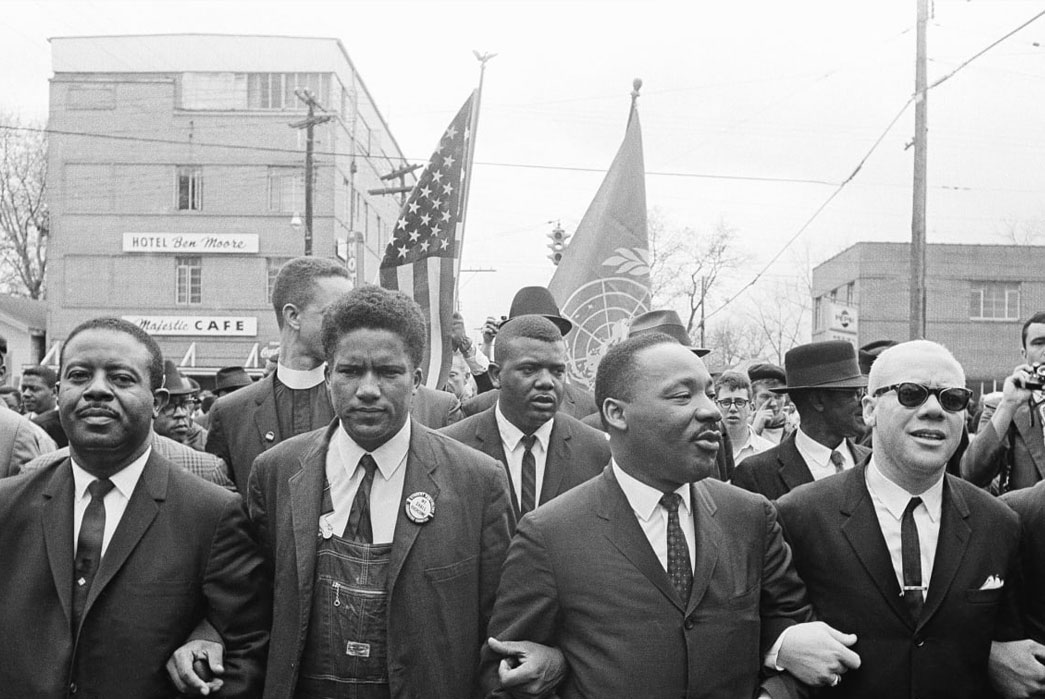 | 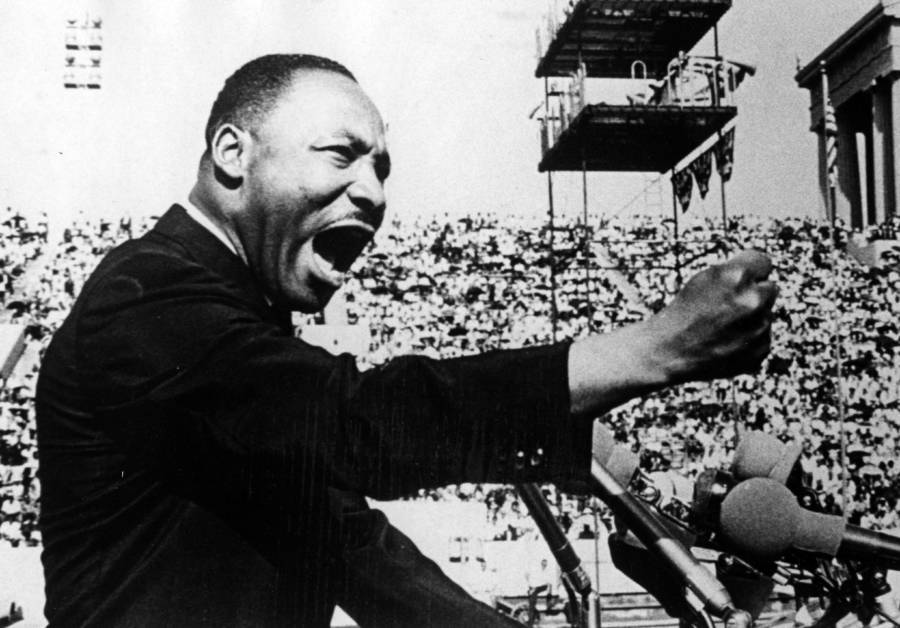 |
 | /selma-to-montgomery-alabama-march-459534214-cc55e8e39a774951b38fb3c443299ad6.jpg) |
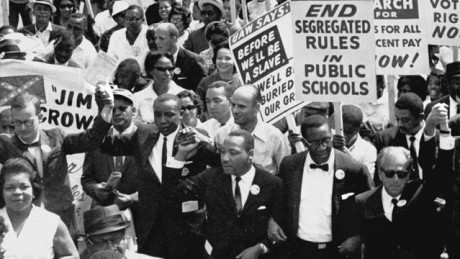 |  |
The march influenced the passage of the Civil Rights Act of 1964, and King was awarded the 1964 Nobel Prize for Peace. In 1965 he was criticized from within the civil rights movement for yielding to state troopers at a march in Selma, Ala., and for failing in the effort to change Chicago’s housing segregation policies. Learn about the life and achievements of Martin Luther King Jr., a social activist and Baptist minister who led the American civil rights movement from the mid-1950s to his assassination in 1968. Explore his role in the Montgomery Bus Boycott, the March on Washington, the Nobel Peace Prize and more. Martin Luther King, Jr. (born January 15, 1929, Atlanta, Georgia, U.S.—died April 4, 1968, Memphis, Tennessee) was a Baptist minister and social activist who led the civil rights movement in the United States from the mid-1950s until his death by assassination in 1968. Martin Luther King Jr. (born Michael King Jr.; January 15, 1929 – April 4, 1968) was an American Baptist minister, activist, and political philosopher who was one of the most prominent leaders in the civil rights movement from 1955 until his assassination in 1968. The legacy of Dr. Martin Luther King Jr. encompasses influential decisions, monumental actions and steadfast progressions of humanitarian rights that reach far beyond the civil rights movement. A leader of all people, Dr. King never chose fear, but always chose courage and determination when fighting for civil rights in the face of oppression No figure is more closely identified with the mid-20th century struggle for civil rights than Martin Luther King, Jr. His adoption of nonviolent resistance to achieve equal rights for Black Americans earned him the Nobel Peace Prize in 1964. King is remembered for his masterful oratorical skills, most memorably in his "I Have a Dream" speech. During the less than 13 years of Dr. Martin Luther King, Jr.’s leadership of the modern American Civil Rights Movement, from December 1955 until April 4, 1968, African Americans achieved more genuine progress toward racial equality in America than the previous 350 years had produced. Minister and social activist Martin Luther King, Jr., was the preeminent leader of the American civil rights movement from the mid-1950s until his assassination in 1968. His guidance was fundamental to the movement’s success in ending the legal segregation of Black Americans in the South and other Learn about the life and legacy of Dr. Martin Luther King, Jr., the leader of the 20th century civil rights movement in the United States. Explore his achievements, speeches, and challenges in the fight for racial justice and equality. This victory really showed how important King was to the civil rights movement. The Birmingham Campaign. The Birmingham Campaign was a key event in the fight for civil rights, with Martin Luther King Jr. playing a major role. Starting in April 1963, this movement aimed to stop the unfair treatment of black people in Birmingham, Alabama. Martin Luther King Jr. was a Baptist minister and civil rights activist who had a seismic impact on race relations in the United States, beginning in the mid-1950s. Among his many efforts, King Martin Luther King, Jr. - Civil Rights, Nonviolence, Equality: In the years after his death, King remained the most widely known African American leader of his era. His stature as a major historical figure was confirmed by the successful campaign to establish a national holiday in his honor in the United States and by the building of a King memorial on the Mall in Washington, D.C., near the The King family — Martin Luther King, Sr. (Daddy King), Alberta Williams King, Willie Christine King, Martin Luther King, Jr., and Alfred Daniel Williams King (known as A. D. King) — moves from 501 Auburn Avenue to 193 Boulevard in Atlanta. 1944: 20 September: King begins his freshman year at Morehouse College in Atlanta. 1946: 6 August Dr. Martin Luther King Jr. was a tireless advocate for civil rights in America, fighting to make Black voices heard amidst the racist oppression and violence across the country and facing countless personal threats, harassment and arrests before an assassin's bullet stopped his life but not his List of major achievements by Martin Luther King, Jr. Inspired by the belief that peaceful protest could eliminate social injustice, he led the American civil rights movement of the mid-1950s and ’60s. King organized mass protests against racial discrimination and championed nonviolent resistance to oppression. Civil rights activists met with fierce resistance to their campaign, which attracted national attention on 7 March 1965, when civil rights workers were brutally attacked by white law enforcement officers on a march from Selma to Montgomery. Martin Luther King, Jr., made history, but he was also transformed by his deep family roots in the African-American Baptist church, his formative experiences in his hometown of Atlanta, his theological studies, his varied models of religious and political leadership, and his extensive network of contacts in the peace and social justice movements of his time. King congratulated Kennedy on his speech, calling it “one of the most eloquent, profound and unequivocal pleas for justice and the freedom of all men ever made by any president” (King, 11 June 1963). The earlier Civil Rights Act of 1957, the first law addressing the legal rights of African Americans passed by Congress since Reconstruction National 5; Civil rights campaigns 1945-1965 The role of Martin Luther King. Notable events in the civil rights movement in the 1950s were the Montgomery Bus Boycott and Little Rock. MLK DAY: “I Have a Dream” was delivered by Martin Luther King, Jr. on August 28, 1963, in which he called for an end to racism in the United States. Delivered to over 250,000 civil rights
Articles and news, personal stories, interviews with experts.
Photos from events, contest for the best costume, videos from master classes.
 |  |
 |  |
 |  |
 |  |
 | /selma-to-montgomery-alabama-march-459534214-cc55e8e39a774951b38fb3c443299ad6.jpg) |
 |  |